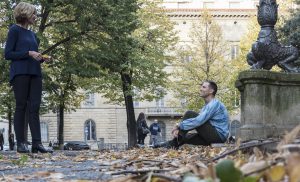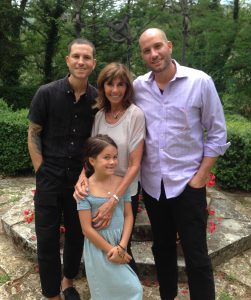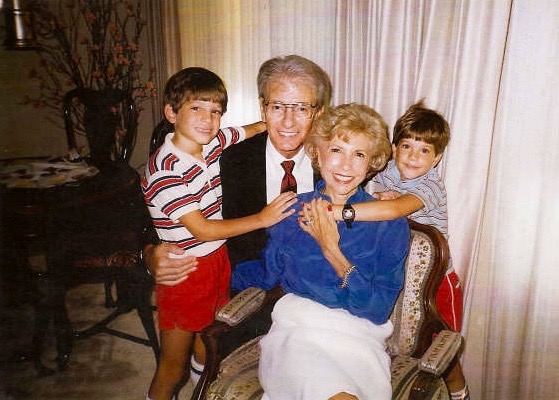 A friend of mine wrote: With addiction, we need to be cautious not to malign the reputation of our loved one by confessing their troubles, even when they cause us trouble. Although their behavior may sometimes be unacceptable, I recognize that they’re deep in the clutches of their disease.
A friend of mine wrote: With addiction, we need to be cautious not to malign the reputation of our loved one by confessing their troubles, even when they cause us trouble. Although their behavior may sometimes be unacceptable, I recognize that they’re deep in the clutches of their disease.
My reflection: When my son was in active addiction, I operated from a space of hurt, confusion, and anger. In that anger, I often said things that maligned his character and cut deep wounds. My friend’s words flooded me with memories, many I wish I could erase.
Today’s Promise to consider: These wise words hit me hard. How many times I didn’t protect my son with my speech. When my anger took hold, nothing good came from it. I’m so sorry, Jeff. Today, I stand tall for my son.

 A mom wrote to me: My son is new to recovery, and I’m wondering if I can ask him all the questions that I have? Sometime I feel like I can’t say how I have been hurt, or how I feel, or how his addiction has affected our family. I don’t’ want to drive him away or make him feel more ashamed than he already feels.
A mom wrote to me: My son is new to recovery, and I’m wondering if I can ask him all the questions that I have? Sometime I feel like I can’t say how I have been hurt, or how I feel, or how his addiction has affected our family. I don’t’ want to drive him away or make him feel more ashamed than he already feels. Dr. MacAfee, our beloved addiction therapist, wrote: Relatively few people respect the addictive condition as a legitimate life-threatening illness. Rather, there is disgust not only for addiction but for the addicts themselves. This disdain permeates society and emerges from within addicts, honing their stealth and duplicity and their self-hatred. This condition serves to permeate their malady even further.
Dr. MacAfee, our beloved addiction therapist, wrote: Relatively few people respect the addictive condition as a legitimate life-threatening illness. Rather, there is disgust not only for addiction but for the addicts themselves. This disdain permeates society and emerges from within addicts, honing their stealth and duplicity and their self-hatred. This condition serves to permeate their malady even further. I once asked Jeff a ‘mother’ question, not a great question, but I asked: “Didn’t you see how you were hurting yourself and the people who love you? Didn’t you want to stop all the chaos like arrests and near death? Jeff, why didn’t you stop?”
I once asked Jeff a ‘mother’ question, not a great question, but I asked: “Didn’t you see how you were hurting yourself and the people who love you? Didn’t you want to stop all the chaos like arrests and near death? Jeff, why didn’t you stop?”





2 Comments.
View Comments | Leave a Comment